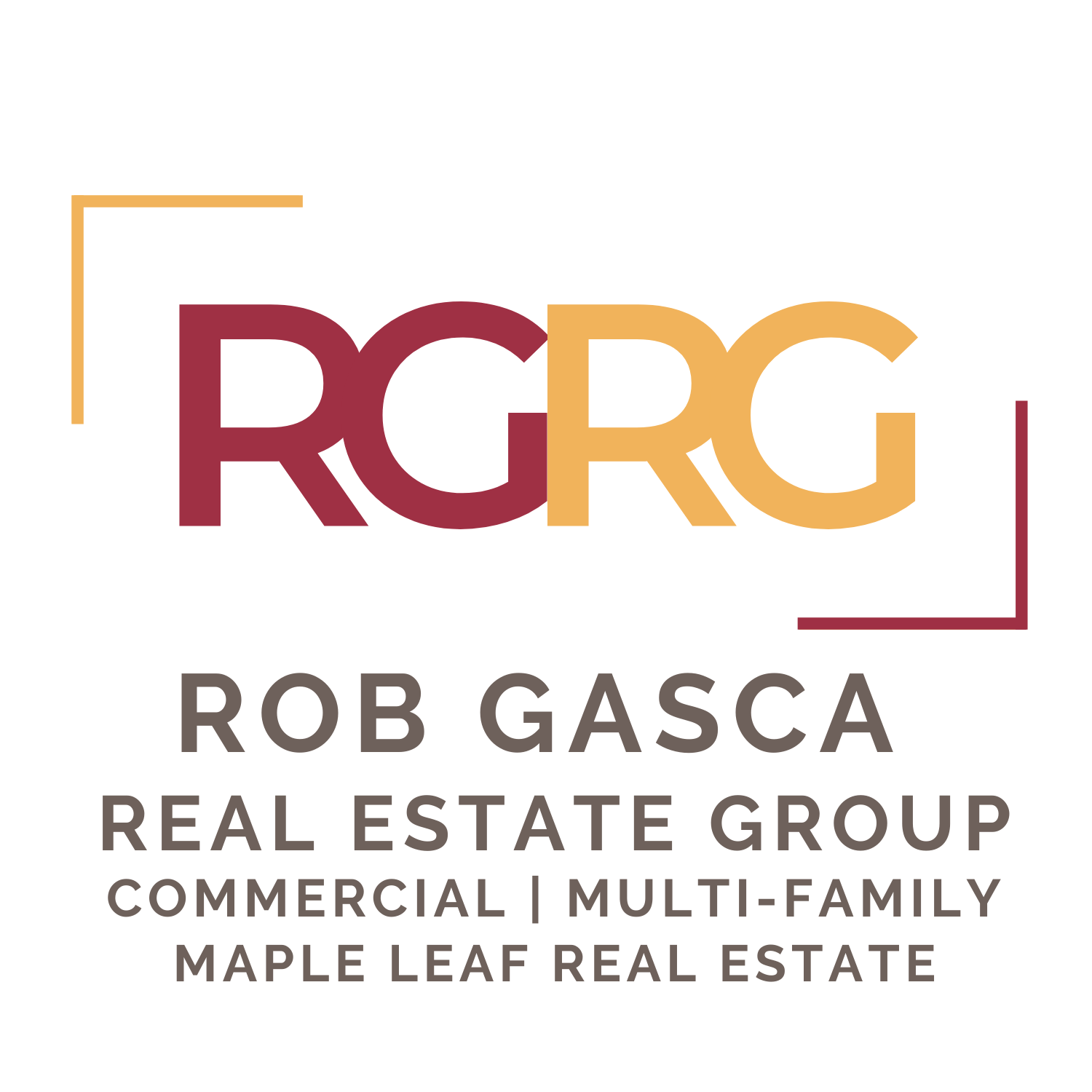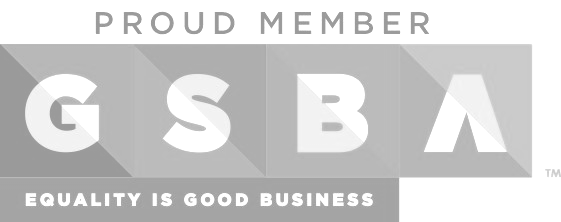Common Mistakes to Avoid When Negotiating a Lease
Common Mistakes to Avoid When Negotiating a Lease
When it comes to negotiating a lease, it's essential to approach the process with careful consideration and attention to detail. Many individuals and businesses fall into common traps that can have long-term implications. In this blog, we will explore some critical mistakes to avoid during lease negotiations. By being aware of these pitfalls, you can protect your interests and make informed decisions.

- Not Clearly Understanding Clauses: Lease agreements are filled with legal jargon and complex clauses that can be overwhelming for tenants. Failing to understand these clauses can lead to unexpected obligations or restrictions. Take the time to review each clause carefully and seek legal advice if necessary. Clear understanding of the lease terms will help you make informed choices and avoid potential pitfalls.
- Too Many Decision Makers: Having multiple decision makers involved in the negotiation process can hinder progress and lead to confusion. It's important to establish a clear decision-making structure within your organization. Designate a specific point person or a small team responsible for handling lease negotiations. This streamlined approach ensures efficient communication, faster decision-making, and reduces the risk of conflicting interests derailing the process.
- Not Considering Future Growth Needs: While the immediate needs and requirements are important, it is equally crucial to consider future growth. Failing to account for expansion or changes in your business can lead to outgrowing the space too quickly or being stuck in a lease that no longer suits your needs. Evaluate your long-term goals and ensure that the lease terms are flexible enough to accommodate potential growth and changes in your operations.
- Only Considering the Immediate Financial Impact: Lease negotiations often revolve around financial aspects, and it's easy to focus solely on the immediate costs. However, it's essential to consider the long-term financial impact as well. Look beyond the initial rental price and consider factors like rent escalations, maintenance costs, utilities, and any potential penalties or fees. A comprehensive financial analysis will help you make an informed decision that aligns with your budget and business objectives.
- Relying Solely on Verbal Agreements: During lease negotiations, landlords may make promises or provide verbal assurances that sound favorable. However, it is crucial to rely on written documentation rather than verbal agreements alone. Ensure that everything discussed during negotiations is explicitly stated in the lease agreement. This protects your rights and ensures that both parties are held accountable for their obligations. If something is important to you, have it documented to avoid misunderstandings or disputes later on.
Negotiating a lease requires careful attention to detail and an understanding of the potential pitfalls. By avoiding the mistakes mentioned above, you can safeguard your interests and make informed decisions that align with your business needs. Take the time to thoroughly review the lease, consult legal professionals if necessary, and consider the long-term implications of your choices. By doing so, you can establish a solid foundation for a successful lease agreement that benefits both parties involved.















